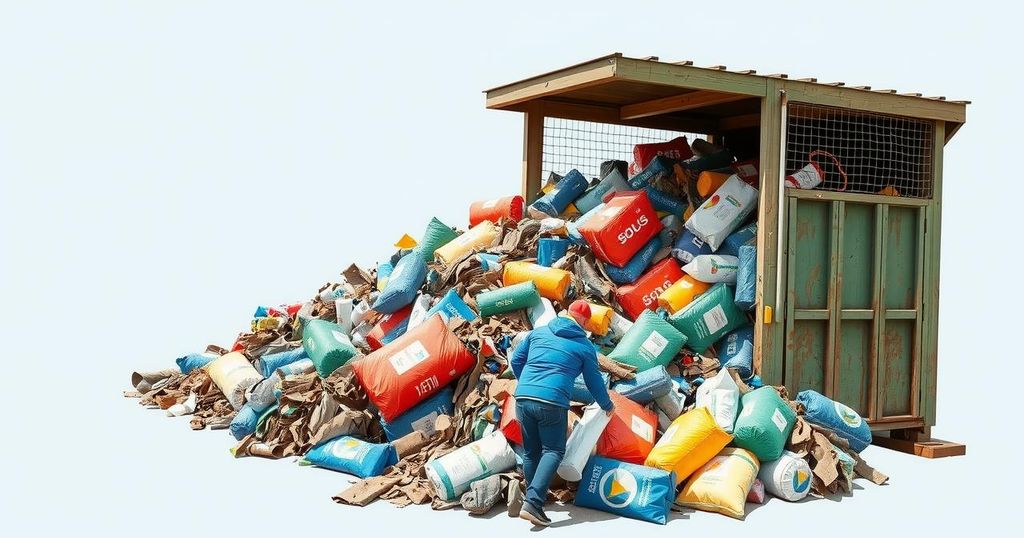Chile is being urged to reform its waste management system to improve efficiency and tackle environmental issues. Experts emphasize the importance of new regulations, technology, and community involvement to create a sustainable waste management practice.
Chile is being urged to implement comprehensive reforms to its waste management framework to address increasing environmental concerns and inefficiencies in service delivery. Stakeholders have identified that the current system is inadequate, impacting both urban and rural communities adversely. Experts argue that enhanced regulations, innovative technologies, and community engagement are critical to achieving a sustainable waste management system. The proposed changes aim to minimize waste production, enhance recycling rates, and improve overall environmental health across the nation.
Waste management in Chile has emerged as a pressing issue, reflecting broader environmental challenges faced by countries in the region. Despite significant advancements, the country experiences challenges such as high rates of waste generation and insufficient recycling practices. The government’s existing policies have struggled to keep pace with the needs of a growing population, pointing to a clear necessity for reform. Moreover, international trends emphasize the importance of sustainability and social responsibility, pushing Chile to reevaluate its waste management strategies more rigorously.
In conclusion, Chile’s call for an overhaul of its waste management framework highlights the urgent need for sustainable practices to enhance environmental quality. By adopting a more robust regulatory environment and engaging communities, Chile can work towards reducing waste and fostering a culture of recycling. These changes are essential not only for public health but also for preserving the ecological integrity of the country.
Original Source: www.bnamericas.com






